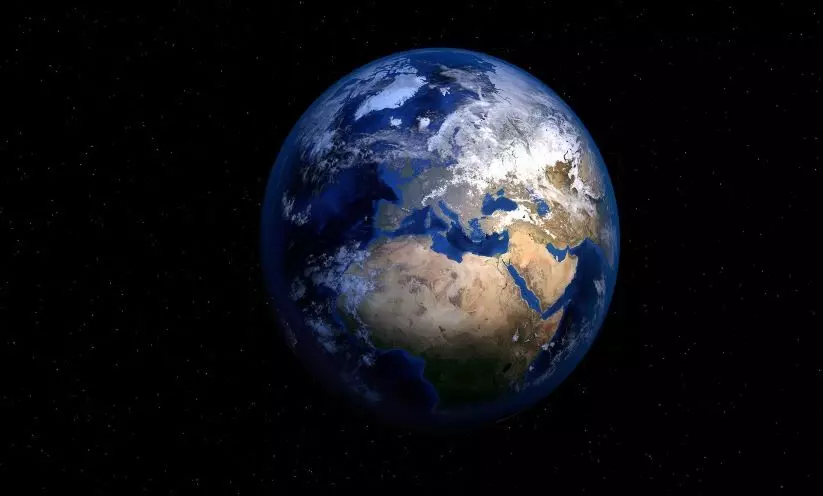
Earth predicted to warm by 1.5 degrees in coming decade: AI study
text_fieldsBoston: According to a study that used artificial intelligence (AI) to predict the outcomes, the world would surpass the global warming threshold of 1.5 degrees Celsius within 10 to 15 years, even if emissions fall.
The analysis projects a one-in-two likelihood that Earth will become 2 degrees Celsius hotter on average than pre-industrial times by the middle of this century and a more than the four-in-five risk of crossing that threshold by 2060 if emissions remain high over the following few decades.
The research, published in the journal Proceedings of the National Academy of Sciences, employed AI to predict climate change using recent temperature observations from around the world, PTI reported.
“Using an entirely new approach that relies on the current state of the climate system to make predictions about the future, we confirm that the world is on the cusp of crossing the 1.5 C threshold,” said the study’s lead author, Noah Diffenbaugh, a climate scientist at Stanford University in the US.
“Our AI model is quite convinced that there has already been enough warming that 2 C is likely to be exceeded if reaching net-zero emissions takes another half century,” said Diffenbaugh, who co-authored the research with Colorado State University atmospheric scientist Elizabeth Barnes.
The finding may be controversial, Diffenbaugh said, because other authoritative assessments, including the most recent report from the Intergovernmental Panel on Climate Change (IPCC), have concluded that the 2-degree mark is unlikely to be reached if emissions decline to net zero before 2080.
Crossing the 1.5 C and 2 C thresholds would mean failing to achieve the goals of the 2015 Paris Agreement, in which countries pledged to keep global warming to “well below” 2 C above pre-industrial levels while pursuing the more ambitious goal of limiting warming to 1.5 C.
Previous assessments have used global climate models to simulate future warming trajectories; statistical techniques to extrapolate recent warming rates; and carbon budgets to calculate how quickly emissions will need to decline to stay below the Paris Agreement targets.
For the new estimates, the researchers used a type of AI known as a neural network, which they trained on the vast archive of outputs from widely used global climate model simulations.



















